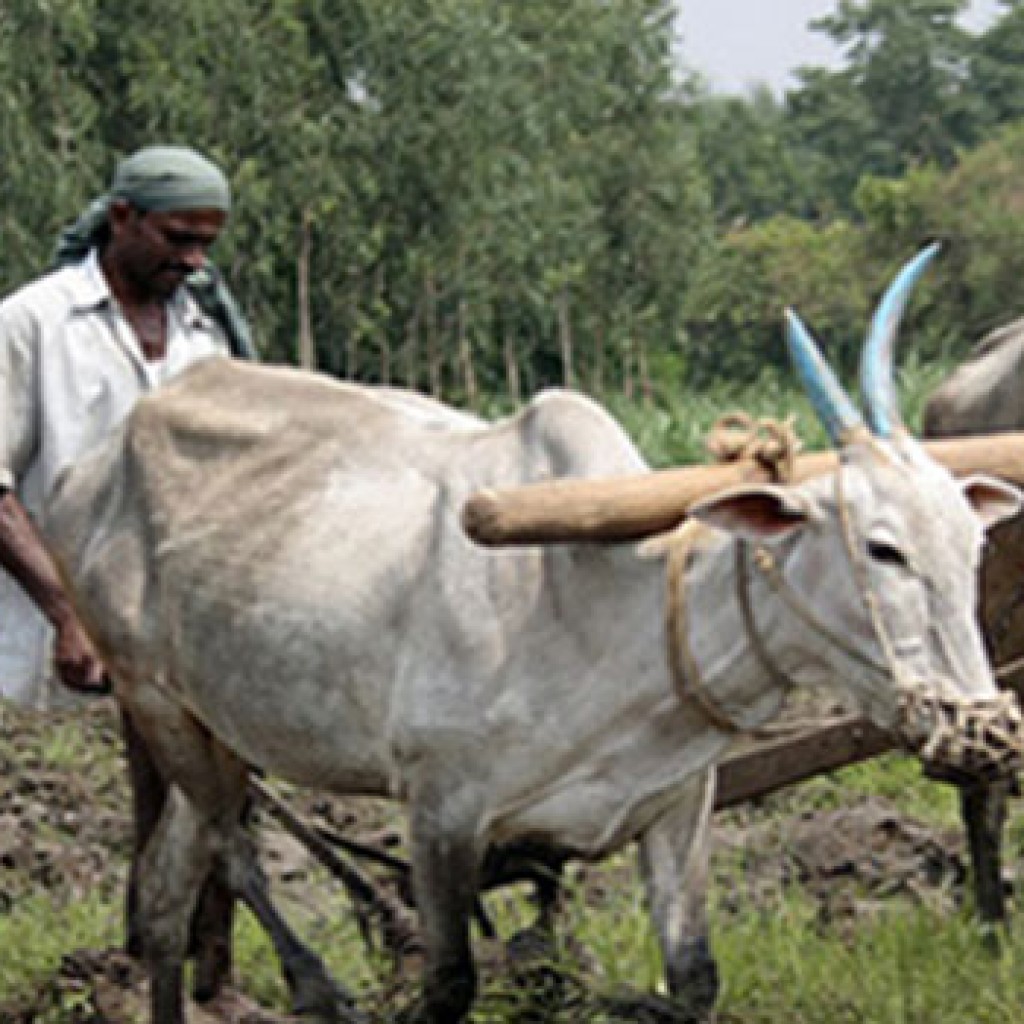Social Security Scheme for Farmers

The Government is implementing a number of schemes to help the farmers in increasing their productivity by reducing cost of cultivation, achieving higher yield per unit and by realizing remunerative prices. Some of the important new initiatives in this context are:
(i) Soil Health Card (SHC) scheme by which the farmers can know the major and minor nutrients available in their soils which will ensure judicious use of fertiliser application and thus save money of farmers. The balanced use of fertiliser will also enhance productivity and ensure higher returns to the farmers.
(ii) Neem Coated Urea is being promoted to regulate urea use, enhance its availability to the crop and reduce cost of fertilizers application. The entire quantity of domestically manufactured urea is now neem coated.
(iii) Parampragat Krishi Vikas Yojana (PKVY) is being implemented with a view to promoting organic farming in the country. This will improve soil health and organic matter content and increase net income of the farmer so as to realise premium prices.
(iv) The Pradhan Mantri Krishi Sinchai Yojana (PMKSY) is being implemented to expand cultivated area with assured irrigation, reduce wastage of water and improve water use efficiency.
(v) In addition, the Government is also implementing several Centrally Sponsored Schemes – National Food Security Mission (NFSM); Mission for Integrated Development of Horticulture (MIDH); National Mission on Oilseeds & Oilpalm (NMOOP); National Mission for Sustainable Agriculture (NMSA); National Mission on Agricultural Extension & Technology (NMAET); National Crop Insurance Programme (NCIP); Unified National Agriculture Markets; and Rashtriya Krishi Vikas Yojana (RKVY).
(vi) The Government undertakes procurement of wheat and paddy under its ‘MSP operations’. In addition, Government implements Market Intervention Scheme
(MIS) for procurement of agricultural and horticultural commodities not covered under the Minimum Price Support Scheme on the request of State/UT Government. The MIS is implemented in order to protect the growers of these commodities from making distress sale in the event of bumper crop when the prices tend to fall below the economic level/cost of production. Losses, if any, incurred by the procuring agencies are shared by the Central Government and the concerned State Government on 50:50 basis (75:25 in case of North-Eastern States). Profit, if any, earned by the procuring agencies is retained by them.
It is a priority of the Government to work towards enabling social security protection for citizens, especially from the economically weaker and vulnerable sections. In accordance with this priority, the Pradhan Mantri Jeevan Jyoti Bima Yojana (PMJJBY), the Pradhan Mantri Suraksha Bima Yojna (PMSBY) and Atal Pension Yojana (APY) were recently launched to address the areas of life and accident risk, and old age income security. The Rashtriya Swastha Bima Yojana (RSBY) is also operational to provide health insurance cover to persons living below the poverty line etc. The Central Government has also initiated creation of a Senior Citizen Welfare Fund through the use of certain unclaimed amounts under various specified schemes. This fund will be used to subsidize the premiums of vulnerable groups such as old age pensioners, BPL card-holders, small and marginal farmers and others.
The proposed new National Crop Insurance Scheme will protect the interest of farmers with a broader coverage towards crop losses and other such natural calamities. This is an intervention to cover the risks involved in farming.
Ministry of Food Processing Industries (MOFPI), through its various schemes, has been providing assistance to various agriculture related industries.






